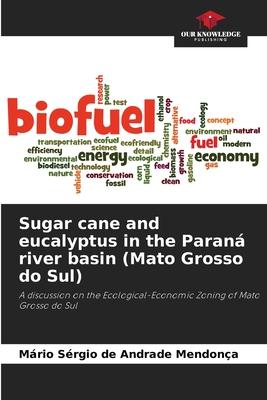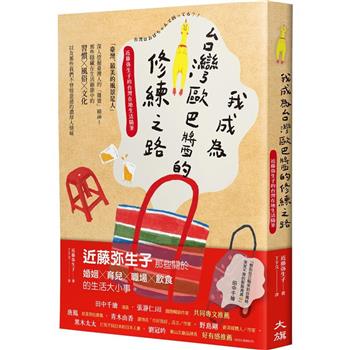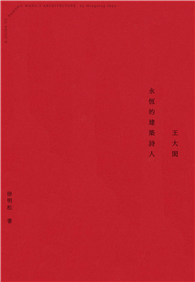Ecological-Economic Zoning was established by the National Environmental Policy to promote sustainability and is considered a strategy for implementing public territorial planning policies. The study of the Ecological-Economic Zoning of the State of Mato Grosso do Sul (ZEE-MS) therefore arose. This research aims to discuss the study of Ecological-Economic Zoning in a specific location: the Paraná River Basin, in the state of Mato Grosso do Sul. In order to do this, it was necessary to understand what environmental sustainability means and to understand how the expansion of eucalyptus and sugar cane crops is taking place in the Paraná Basin in the state of Mato Grosso do Sul. To relate the expansion of the export economy activities of the "Sugar and Alcohol" and "Paper and Cellulose" complexes in the Paraná Basin in Mato Grosso do Sul, with the already structured agribusiness chains such as the "Meat and Skins" complex, which use pasture areas for production; and "Soya and Maize", which use the areas of greatest productive potential in the region. Map the areas occupied by sugar cane and eucalyptus and relate them to the expansion of agricultural production areas.
| FindBook |
|
有 1 項符合
Andrade Mendonça的圖書 |
 |
$ 1980 | Sugar cane and eucalyptus in the Paraná river basin (Mato Grosso do Sul)
作者:Andrade Mendonça 出版社:Our Knowledge Publishing 出版日期:2024-03-27 語言:英文 規格:平裝 / 104頁 / 22.86 x 15.24 x 0.64 cm / 普通級/ 初版  看圖書介紹 看圖書介紹
|
|
|
圖書介紹 - 資料來源:博客來 評分:
圖書名稱:Sugar cane and eucalyptus in the Paraná river basin (Mato Grosso do Sul)
|









